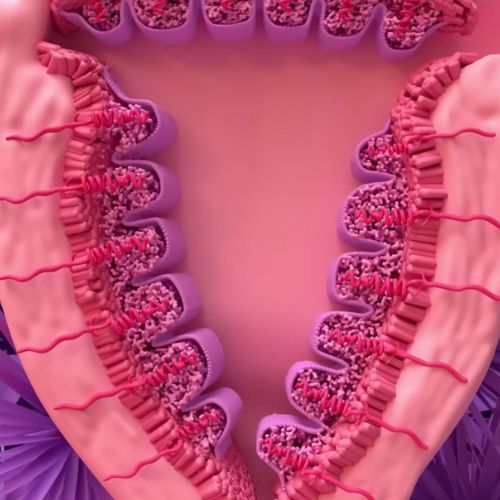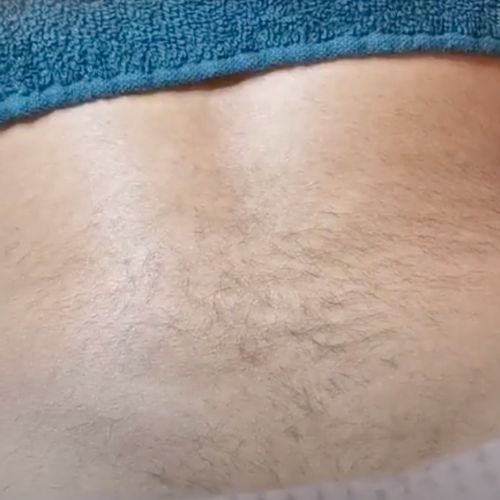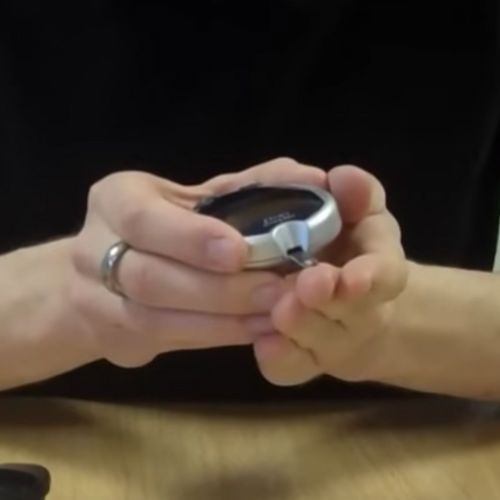If there is one thing you have to get accustomed to when it comes to human sex hormones, things are not always black or white. There’s a whole lot of gray. Whereas testosterone is the androgen hormone most responsible for masculine features, it turns out males do not have a monopoly of it. Women have testosterone. There is even such a thing as too much or too little testosterone — I’m going to be tackling the former here.
Things You Need to Know
Testosterone in Women
When you think sex hormones in women, what comes to mind? Estrogen. Women have much less testosterone than men (just over 10 percent what you would find in males). Unlike men where testosterone is made in the testes and adrenal glands, women’s testosterone is mostly made in the ovaries.
With the exception of male sexual development, testosterone plays a lot of the same roles in women as it does in men.

Testosterone is good but only as long as it is in the right quantity. Too much testosterone is problematic.
Symptoms of High Testosterone in Women
If you are experiencing one or more of the following signs, you may just be grappling with high testosterone.
Causes of High Testosterone in Women
Women may have high testosterone levels for multiple reasons including:
Polycystic ovary syndrome (PCOS)
A hormone disorder that affects as much as 12 percent of women of reproductive age, PCOS is a result of an increase in androgen hormones. Signs of PCOS include irregular/extended periods, enlarged ovaries, facial hair and obesity.

Hirsutism
Hirsutism is a condition characterized by the growth of facial, back and chest hair. It affects about 8 percent of women and though genetic factors could be at play, it is most often due to an imbalance in androgen hormones.

Congenital adrenal hyperplasia (CAH)
CAH is a genetic hormonal disorder affecting the adrenal glands and that may lead to an overproduction of testosterone and other androgen hormones. Symptoms of CAH include masculine features, severe acne and infertility.

Thyroid problems
The thyroid is central to the production, metabolism and concentration of hormones. An underactive thyroid may reduce production of the sex hormone binding globulin (SHBG) and thereby increase free testosterone in the bloodstream.

Insulin resistance
Insulin resistance occurs when the body fails to recognize insulin. It may lead to a rise in blood sugar and eventually diabetes. But also, given that the insulin remains in the bloodstream unused, it could stimulate higher production of testosterone in the ovaries for women with PCOS.

When to See a Doctor
High testosterone is not a medical emergency. For the most part, you can continue to live your life in more or less the same way you did before. Still, what makes high testosterone dangerous for women is how badly it can crush your self-confidence from the get-go. So it’s prudent that you schedule a meeting with your doctor as soon as you suspect you may have it.
Also, the earlier you catch it, the broader, less expensive and less disruptive the treatment options you have at your disposal. Your doctor is likely to first evaluate your symptoms to check if your initial suspicions have merit. The next step would be to perform a blood test that confirms your testosterone levels are elevated.
Treatment for High Testosterone
Treatment options for high testosterone will depend on the root cause. So once you confirm you have it, the next step is investigation of potential causes. For example, your doctor may run an ultrasound of your uterus to confirm if it's PCOS. In which case, treatment would focus on PCOS.
Overall, oral contraceptives have been shown as effective in regulating women’s testosterone levels. For many, this will be a familiar and relatively low risk place to start but only as long as you have no intentions of getting pregnant anytime soon.
I have to say quantities matter when it comes to birth control — keep doses as low as possible. Also, just because it's contraceptives does not mean you should take the path of self-medication. Follow a prescription-only plan under your doctor’s supervision.
Adopting healthy lifestyle habits is important irrespective of the treatment you are on. Assess your meals and switch to healthier diet plans. Exercise regularly.
Wrapping Up
High testosterone in women can be a troubling, traumatic, life-altering experience. This is especially true when you start to experience masculine features like facial hair, voice deepening and male pattern baldness. Worse, it could lead to infertility, cardiovascular disease, cancer and other medical problems.
It’s understandable that you would want to quickly correct the hormonal imbalance and restore regular feminine features. Resist the temptation to rush for the first solution you think of or come across. Talk to your doctor to determine the root cause and therefore the most suitable treatment path.

